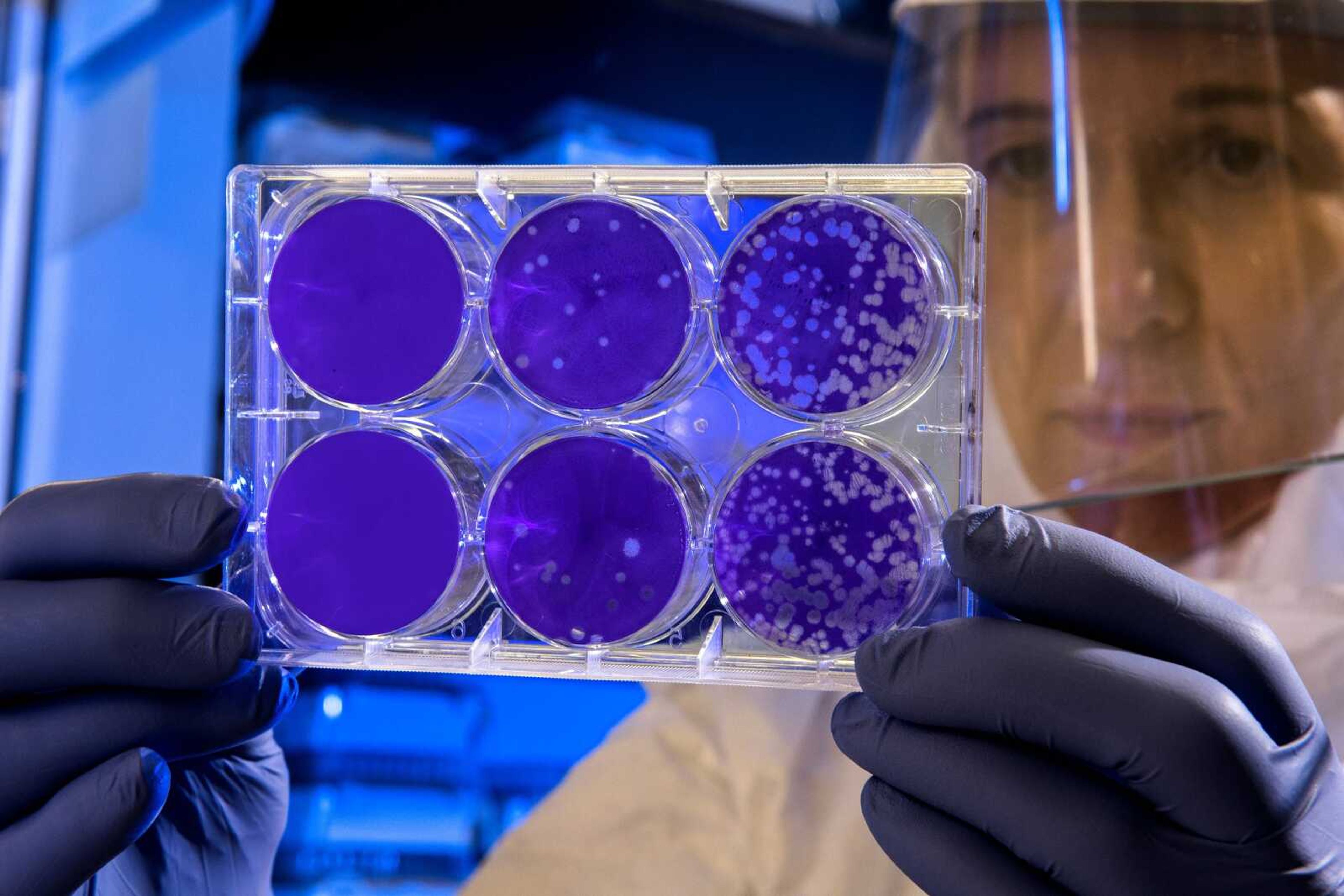On March 13, President Donald Trump declared a national emergency in hopes of stopping the spread of COVID-19. As many non-essential businesses shut down, many health care providers put cancer screenings on hold to reduce the risk of exposure to the virus.
A recent article in The Wall Street Journal stated a decline in mammograms and other screening procedures after the coronavirus pandemic struck is leading to missed and delayed cancer diagnoses, according to data from insurance claims, lab orders, Medicare billings and oncology-practice records, an emerging pattern that is alarming oncologists.
Dr. Carlos Robles, an oncologist at Saint Francis Healthcare System has seen delays in patients getting routine screenings in our region.
"For example, my wife was due for her mammogram in March, and she just had it, 7 months later," he said.
Cancer screening is one of the earliest interventions, and as some cancers advance rapidly, months without detecting them through screenings could result in fewer treatment options.
Robles encouraged patients to get screenings and reschedule them as soon as possible if they missed one.
"When patients aren't getting asymptomatic screenings, cancers aren't being found, because that's what actually reveals the early cases before they become clinically meaningful," he said.
At Cape Radiology, Dr. Mark Pfautsch, a diagnostic radiologist sees things resuming and getting back on track after closing for the entire month of April because of COVID. When they opened back up May 1, they called every patient who had a screening ordered and offered them an appointment at their convenience. Pfautsch added, "The majority said 'yes, I want to reschedule,' and came in for their screening. A small percentage declined because of their fear of COVID."
The American Cancer Society (ACS) saw an estimated 87% drop in mammography screening from the end of February to early April nationwide.
Robles said at Saint Francis, about 500 screenings between March, April and May have been rescheduled.
"One of the interesting things that we're seeing is because we had so much rescheduling, in the next few years, we're going to see fewer screenings in those months, because insurance is only going to pay for the screening a year later -- so the months of March, April and part of May, the appointments for screenings will only be new patients that have just reached the age of screening," he said.
According to the Wall Street Journal, in the first eight months of 2020, UnitedHealth found nearly a million fewer mammograms, colorectal and cervical cancer screenings compared with the same period last year. The analysis includes UnitedHealth's roughly 32 million Medicare Advantage and commercial members.
At Saint Francis, the numbers of mammogram, colorectal and cervical screenings are down to 45% between March, April and May compared to last year.
The ACS noted 2,500 missed or delayed diagnoses of cervical cancer between March and June nationwide.
Regarding colonoscopy, the ACS states there were an estimated 1.7 million missed colonoscopies from March to June 5 and at Saint Francis, Robles said between February and October 2020, colonoscopy screenings were 52% of the volume in 2019.
Another side effect of delayed screenings is that oncologists may see more advanced stages of cancers when they are caught. Robles said they may be seeing more phase twos or threes than phase zero or one.
He added, "It's definitely a concern that we may now see the diagnosis of later stage tumors that have worse prognosis." Although he hopes the quality of treatments they are able to offer may compensate for the delay of the screening.
Robles offered an encouraging word as we are now months into the pandemic.
"Things are feeling more normal to us, the way we work and I think we're learning to live with the virus for the time being until we get the vaccines out," he said. "So I feel that in my practice right now, things are getting more to the way they were a year ago. We're back to screening the patients and seeing the patients. So how much is this going to be affected? How many delays in diagnosis? That remains to be seen."
Connect with the Southeast Missourian Newsroom:
For corrections to this story or other insights for the editor, click here. To submit a letter to the editor, click here. To learn about the Southeast Missourian’s AI Policy, click here.







